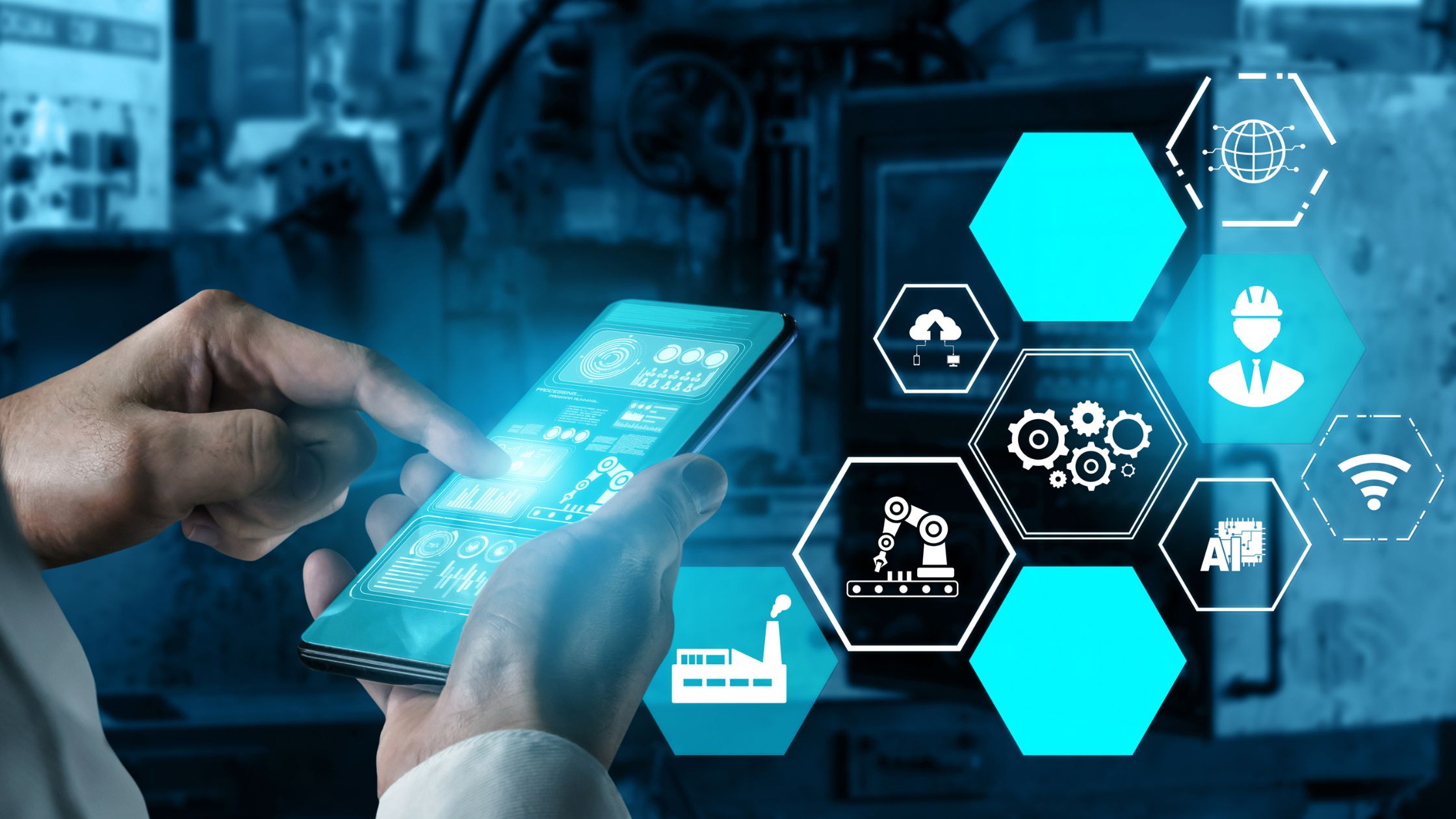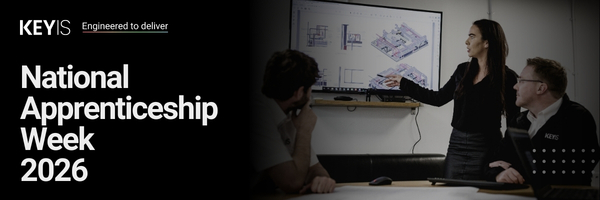How smart maintenance strategies improve energy efficiency and sustainability
In today’s energy-conscious world, sustainability is no longer optional, it's a strategic imperative. At Key Integrated Services (KeyIS), we understand that maintaining high-performance buildings means going beyond reactive fixes. Smart maintenance strategies not only reduce energy consumption and operational costs but also ensure long-term system resilience and environmental compliance.
What is smart maintenance?
Smart maintenance refers to a proactive, data-driven approach that integrates predictive technologies, Planned Preventative Maintenance (PPM) and real-time monitoring to optimise building performance. It combines digital innovation with engineering best practices to:
- Detect issues before failure occurs
- Optimise asset life cycles
- Reduce energy waste
- Minimise environmental impact
This is especially critical in high-risk, hygiene-controlled or safety-sensitive environments – areas where KeyIS excels.
The energy efficiency advantage
Poorly maintained systems such as HVAC, refrigeration and lighting can consume up to 30% more energy than their optimised counterparts. KeyIS smart maintenance strategies target inefficiencies at their source by:
1. Predictive maintenance
Using condition monitoring and sensor-based diagnostics, our teams anticipate issues before they escalate. This reduces emergency downtime and avoids energy spikes caused by inefficient or failing components.
2. Asset lifecycle management
By extending the operational life of energy-intensive systems through proper maintenance, we delay the need for replacements and reduce resource use, aligning with circular economy principles.
3. System optimisation
Our M&E experts regularly recalibrate systems to match actual usage patterns, which minimises unnecessary energy draw and carbon output.
Supporting sustainable operations
Sustainability isn’t just about energy savings. It’s about operating in a way that is socially responsible, economically viable and environmentally sound. KeyIS supports this vision through:
- Compliance-led maintenance: We ensure our clients meet the latest energy and environmental regulations without disruption.
- Continuous improvement: True to our values, we continuously innovate and evolve our practices to stay ahead of sustainability standards.
- Data transparency: Real-time reporting and analysis give stakeholders the insights they need to track performance and achieve ESG targets.
Real impact in critical environments
With decades of experience in sectors like food, pharma and industrial manufacturing, KeyIS understands the pressures of regulated, mission-critical settings. Our maintenance services are designed to deliver:
- 24/7 responsiveness: Keeping operations running smoothly around the clock
- Zero tolerance for downtime: Especially in high-risk environments
- Integrated delivery: In-house teams provide end-to-end support, ensuring seamless service and lower carbon footprints
We don’t just fix problems; we engineer certainty.
The KeyIS approach: Engineered for sustainability
What sets KeyIS apart is our commitment to doing things properly. We bring clarity, competence and continuity to every client relationship. Our sustainability-forward services are underpinned by our core values:
- The Customer is King: Your sustainability goals are our mission
- Always watch out for the next risk: Including environmental and energy risks
- Innovation and integrity: We’re not chasing trends; we’re building a legacy
By integrating smart maintenance with sustainable engineering, we help clients reduce their energy bills, achieve compliance and meet their net-zero ambitions.
Conclusion: Let’s build a greener future
Smart maintenance isn’t just good for business, it’s essential for the planet. At Key Integrated Services, we help clients make the transition from reactive fixes to resilient, efficient operations. Let us help you protect your assets, your energy usage and your environmental impact, all with one trusted partner.
Ready to boost energy efficiency and meet your sustainability targets?


